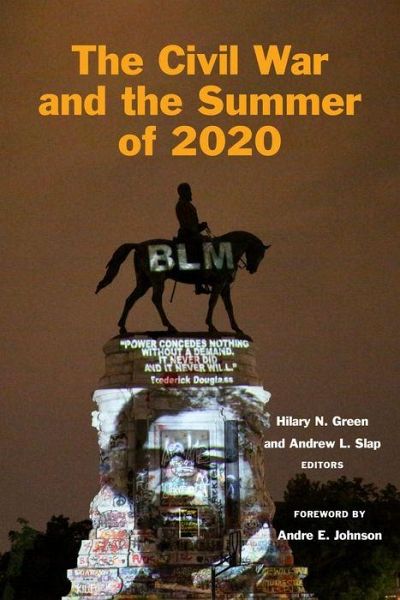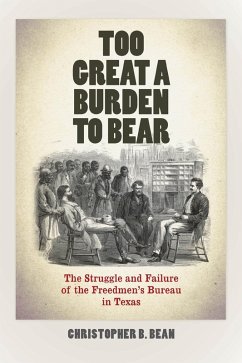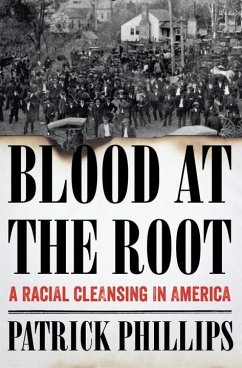
The Civil War and the Summer of 2020
Versandkostenfrei!
Versandfertig in über 4 Wochen
89,99 €
inkl. MwSt.
Weitere Ausgaben:

PAYBACK Punkte
45 °P sammeln!
Investigates how Americans have remembered violence and resistance since the Civil War, including Confederate monuments, historical markers, college classrooms, and history books. George Floyd's murder in the summer of 2020 sparked a national reckoning for the United States that had been 400 years in the making. Millions of Americans took to the streets to protest both the murder and the centuries of systemic racism that already existed among European colonists but transformed with the arrival of the first enslaved African Americans in 1619. The violence needed to enforce that systemic racism ...
Investigates how Americans have remembered violence and resistance since the Civil War, including Confederate monuments, historical markers, college classrooms, and history books. George Floyd's murder in the summer of 2020 sparked a national reckoning for the United States that had been 400 years in the making. Millions of Americans took to the streets to protest both the murder and the centuries of systemic racism that already existed among European colonists but transformed with the arrival of the first enslaved African Americans in 1619. The violence needed to enforce that systemic racism for all those years, from the slave driver's whip to state-sponsored police brutality, attracted the immediate attention of the protesters. The resistance of the protesters echoed generations of African Americans' resisting the violence and oppression of white supremacy. Their opposition to violence soon spread to other aspects of systemic racism, including a cultural hegemony built on and reinforcing white supremacy. At the heart of this white supremacist culture is the memory of the Civil War era, when in 1861 8 million white Americans revolted against their country to try to safeguard the enslavement of 4 million African Americans. The volume has three interconnected sections that build on one another. The first section, "Violence," explores systemic racism in the Civil War era and now with essays on slavery, policing, and slave patrols. The second section, titled "Resistance," shows how African Americans resisted violence for the past two centuries, with essays discussing matters including self-emancipation and African American soldiers. The final section, "Memory," investigates how Americans have remembered this violence and resistance since the Civil War, including Confederate monuments and historical markers. This volume is intended for nonhistorians interested in showing the intertwined and longstanding connections between systemic racism, violence, resistance, and the memory of the Civil War era in the United States that finally exploded in the summer of 2020.












